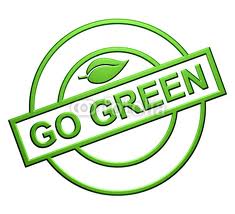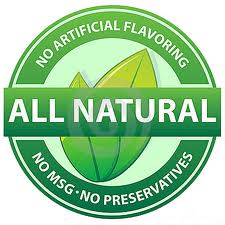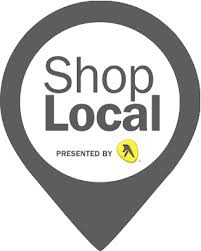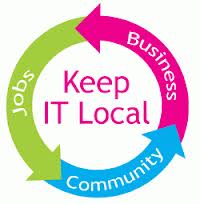Natural, Green, Local – What’s in a word?
Do you recall the first time you heard someone promoting something with use of the word natural? If you’re old enough it would probably have been in the 1970’s maybe in a health food or ‘natural’ food store.
Within a few years it seemed almost everything being sold was ‘natural’, even soft drinks full of preservatives and colorants were touting their ‘natural’ ingredients. Natural got so over-used as a word by marketers that eventually the word ‘natural’ was replaced with the word organic and soon after that as much as three times more organic labelled or marketed food was sold than was grown for many years. So your chance of getting the natural organic food you were trying to buy, and even at premium prices, was one in three!
Finally after consumer complaints, the US government finally acted creating the USDA Organic program and certified and labelled organics brought some order and credibility back to the natural food movement.
Decades later the movement toward healthy and wholesome living turned to the word green. Green was about architects, designers, and planners on the leading edge who were talking green with eco conscious ways of building, living and being globally aware. Green was GreenPeace with anti-nuclear and pro-environment initiatives. The recycling movement, energy efficiency and words like ‘green power’ from sources like windfarms came to the forefront.
Within what seemed like nano-moments, the construction world of builders and developers, automakers and public utilities were selling us green.
There has been a recent growth spurt in ‘green’ awareness partly based on climate change, and globally the eco and green movement continues to grow. However the market reality is that ‘greenwashing’ statistically outnumbers true green by factors that make the three to one organics metrics look very, very good in comparison. How about less than one in a hundred green marketed or green labelled products actually passing reasonable green standards? This 1 in 100 green label statistic is actually considered conservative by some testing organizations so … consumers beware!
Today, partly in response to the vagaries of Wall Street, in reaction to corporatocracy and big-box / fast-food culture, the new word for the forward thinking utopians is ‘local’.
I’m part of my local movement, promoting 100 Mile Design and sitting on the board of my Shop Local / Think Local organization. Our group, very much like other groups and movements growing up all over the world today, was founded as a grass roots group, off the side of the desk of some very committed local business owners. We are now facing our first big dilemma, because some big, non-locally owned companies with a strong local presence and a mandate to “be local” want in to our membership.
Soon we are going to have to decide if our local group will be going certified organic or Pepsi ‘Natural’, green or greenwashed. Note the Yellow Pages symbol discretly placed in the local label above. Who is more local than Yellow Pages you may ask? But is a company that is everywhere actually local or do they simply have their fingers in every local pie?
As for me, I’m for certified organic, and I look for eco certified green products and methods. Therefore for me, like no means no, local means local. This is because of the benefits in the label above, namely jobs, community and business. Many local movements have been based on founders’ quality principles and idealistic goals like these which value Main Street community based principles over Wall Street goals of profit at any cost.
However the numbers used by big business will favour a movement which will use market speak to be ‘as natural as possible,’ that will be ‘green’ only when we can really afford it and they may support a local definition which means a local sales office , store, franchise, branch or business. Some of these do get to make some of their own local decisions and are always encouraged to maximize local accounts. (leaving national accounts to head office)
So who owns the meaning of words like natural, green and local? Is it the people who start movements for positive change around important words like natural, green and local, or the marketers who learn how to make these words into tools to simply sell more of their products?
Watch this space to see what happens , because I’m hoping the word local will be clear enough in its meaning that market forces will ‘let it be’ as John Lennon would say but the fact that a bank and a newspaper, both owned out of town, are determined to be included in our local membership shows that local may simply be the next big buzz word on Madison Avenue, which by the way, is close to Wall Street in New York City.







Leave a Reply
Want to join the discussion?Feel free to contribute!